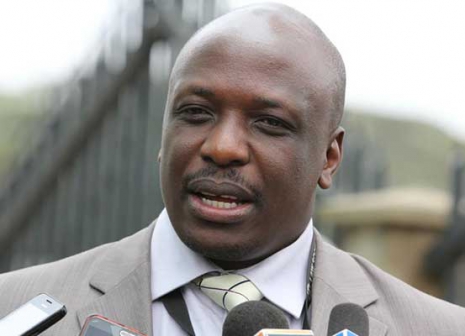×
The Standard e-Paper
Kenya’s Boldest Voice

The repeat presidential election conducted on October 26 by the Independent Electoral and Boundaries Commission (IEBC) will go down in Kenya’s history as one of the most shambolic.
Coming on the heels of the Sh45 billion August 8 bungled poll that was annulled by the Supreme Court, Kenya once again threw down the drain another Sh14 billion.